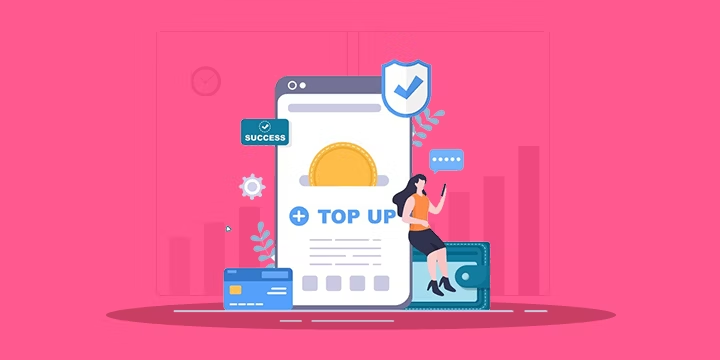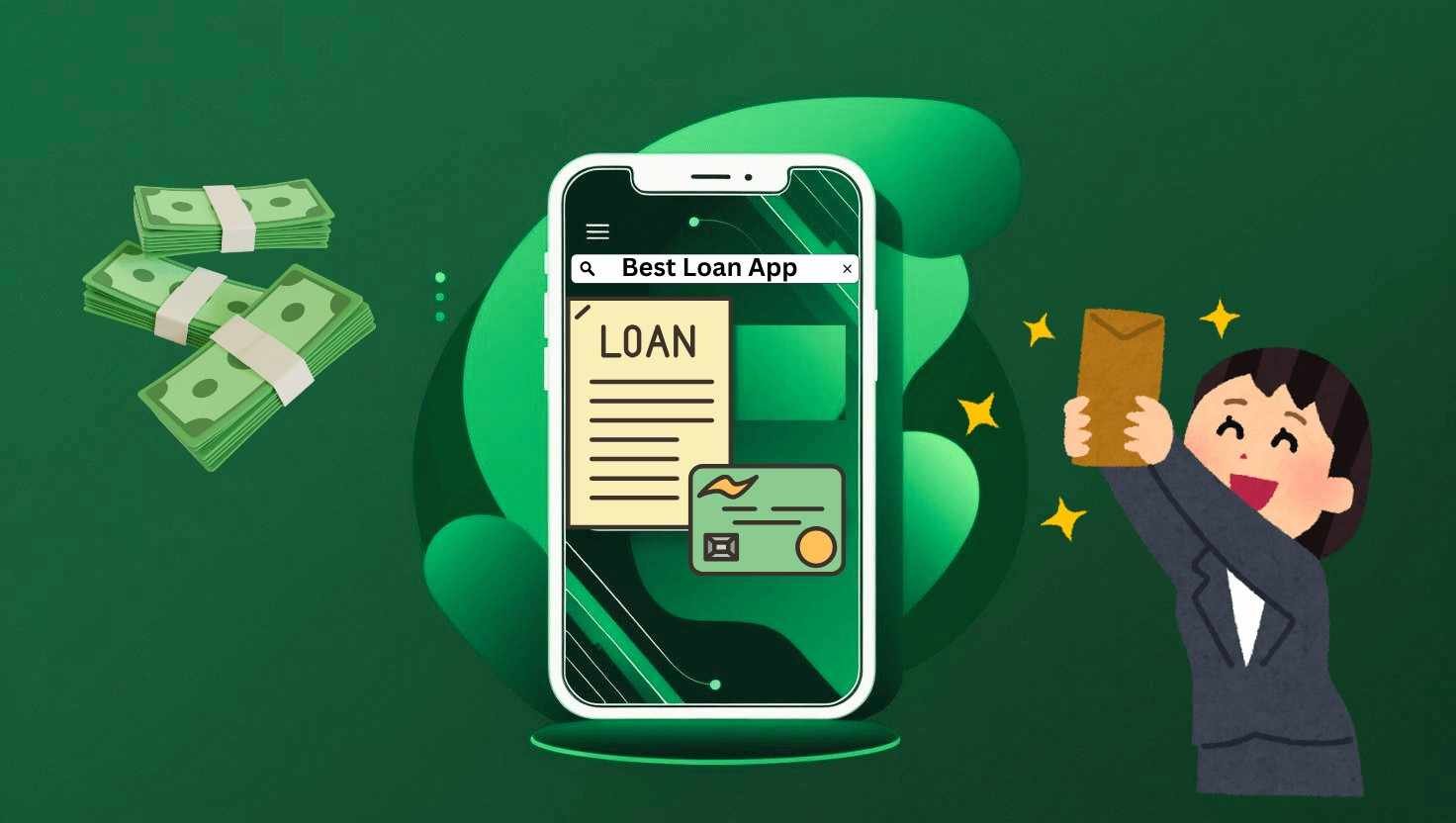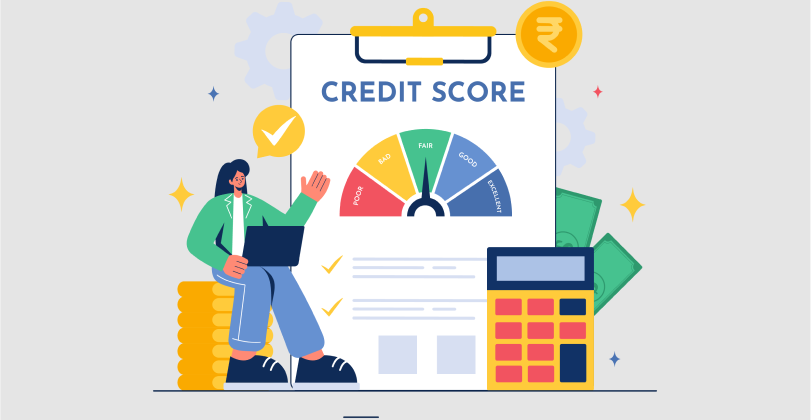The Best Loan Options for First-Time Home Buyers
The Best Loan Options for First-Time Home Buyers
Buying your first home is an exciting milestone, but it can also feel overwhelming, especially when it comes to financing. With so many loan options available, how do you know which one is right for you? This comprehensive guide will walk you through the best loan options for first-time home buyers, helping you make an informed decision and achieve your dream of homeownership.
Why Choosing the Right Loan Matters
For first-time home buyers, choosing the right loan is crucial. The type of loan you select will impact your monthly payments, interest rates, and overall financial stability. A well-suited loan can make homeownership affordable and sustainable, while the wrong choice can lead to financial stress. Understanding your options and their benefits will empower you to make the best decision for your unique situation.
Types of Loans for First-Time Home Buyers
There are several loan options designed specifically for first-time home buyers. Each has its own eligibility requirements, benefits, and drawbacks. Below, we’ll explore the most popular loan types in detail.
1. FHA Loans
What Is an FHA Loan?
An FHA (Federal Housing Administration) loan is a government-backed mortgage designed to help first-time home buyers with lower credit scores or limited savings. These loans are insured by the FHA, which reduces the risk for lenders and allows them to offer more favorable terms.
Key Benefits:
- Low down payment requirements (as low as 3.5%).
- Flexible credit score requirements (minimum 580 for 3.5% down).
- Competitive interest rates.
Drawbacks:
- Requires mortgage insurance premiums (MIP), which increase the overall cost.
- Loan limits vary by location, which may restrict your options in high-cost areas.
Who Should Consider an FHA Loan?
FHA loans are ideal for buyers with lower credit scores or those who cannot afford a large down payment.
2. Conventional Loans
What Is a Conventional Loan?
A conventional loan is a mortgage not backed by the government. These loans are offered by private lenders and typically require higher credit scores and larger down payments compared to government-backed loans.
Key Benefits:
- No upfront mortgage insurance if you put down 20% or more.
- Flexible terms, including fixed-rate and adjustable-rate options.
- Can be used for a wide range of property types.
Drawbacks:
- Higher credit score requirements (typically 620 or higher).
- Larger down payment required (usually 3% to 20%).
Who Should Consider a Conventional Loan?
Conventional loans are a good option for buyers with strong credit and sufficient savings for a down payment.
3. VA Loans
What Is a VA Loan?
A VA (Veterans Affairs) loan is a government-backed mortgage available to active-duty service members, veterans, and eligible spouses. These loans are designed to make homeownership more accessible for those who have served in the military.
Key Benefits:
- No down payment required.
- No private mortgage insurance (PMI).
- Competitive interest rates.
Drawbacks:
- Limited to eligible military personnel and their families.
- Requires a funding fee, which can be rolled into the loan.
Who Should Consider a VA Loan?
VA loans are an excellent option for eligible military members and their families who want to purchase a home with no down payment.
4. USDA Loans
What Is a USDA Loan?
A USDA (United States Department of Agriculture) loan is a government-backed mortgage designed to help low- to moderate-income buyers in rural areas. These loans offer 100% financing, meaning no down payment is required.
Key Benefits:
- No down payment required.
- Low interest rates.
- Flexible credit requirements.
Drawbacks:
- Limited to eligible rural areas.
- Income limits apply.
Who Should Consider a USDA Loan?
USDA loans are ideal for buyers in rural areas who meet the income requirements and want to purchase a home with no down payment.
5. State and Local First-Time Home Buyer Programs
What Are These Programs?
Many states and local governments offer special loan programs for first-time home buyers. These programs often provide down payment assistance, low-interest rates, and other benefits to make homeownership more affordable.
Key Benefits:
- Down payment and closing cost assistance.
- Lower interest rates.
- Tailored to local housing markets.
Drawbacks:
- Eligibility requirements vary by program.
- Limited funding may be available.
Who Should Consider These Programs?
First-time buyers should explore state and local programs to take advantage of additional financial support.
Factors to Consider When Choosing a Loan
When selecting a loan, consider the following factors to ensure it aligns with your financial goals:
- Credit Score: Your credit score will determine which loans you qualify for and the interest rates you’ll receive.
- Down Payment: Determine how much you can afford to put down upfront.
- Debt-to-Income Ratio: Lenders will evaluate your debt-to-income ratio to assess your ability to repay the loan.
- Loan Term: Decide whether a shorter-term loan (e.g., 15 years) or a longer-term loan (e.g., 30 years) works best for your budget.
- Interest Rate Type: Choose between a fixed-rate mortgage (stable payments) or an adjustable-rate mortgage (initial lower payments).
Tips for First-Time Home Buyers
- Get Pre-Approved: A pre-approval letter from a lender shows sellers you’re a serious buyer and can help you stand out in a competitive market.
- Save for Closing Costs: In addition to your down payment, budget for closing costs, which typically range from 2% to 5% of the loan amount.
- Work with a Real Estate Agent: A knowledgeable agent can guide you through the home-buying process and help you find the right property.
- Compare Lenders: Shop around to find the best interest rates and terms.
- Stay Within Your Budget: Avoid stretching your finances too thin. Choose a home you can comfortably afford.
Common Mistakes to Avoid
- Skipping the Pre-Approval Process: Without pre-approval, you may waste time looking at homes outside your budget.
- Ignoring Additional Costs: Factor in property taxes, insurance, and maintenance when calculating affordability.
- Overlooking Loan Options: Explore all available loan programs to find the best fit for your needs.
- Making Large Purchases Before Closing: Avoid taking on new debt or making big purchases before your loan is finalized.
Conclusion:
Buying your first home is a significant step, and choosing the right loan is key to making the process smooth and affordable. By understanding your options, evaluating your financial situation, and working with trusted professionals, you can find the best loan for your needs. Whether you opt for an FHA loan, conventional loan, or a specialized program, the right financing can turn your dream of homeownership into reality. Start exploring your options today and take the first step toward owning your first home!




Post Comment